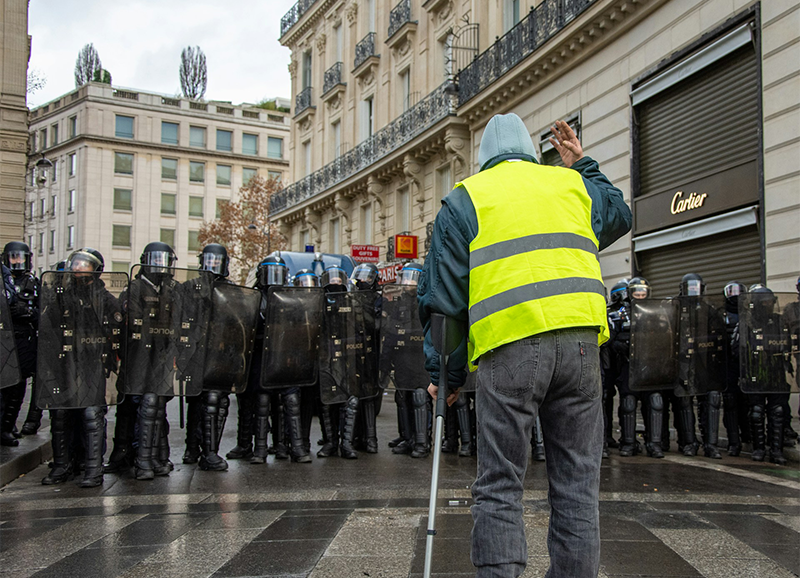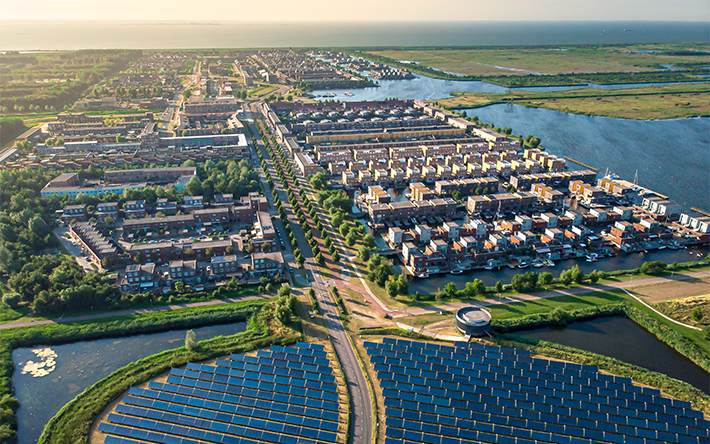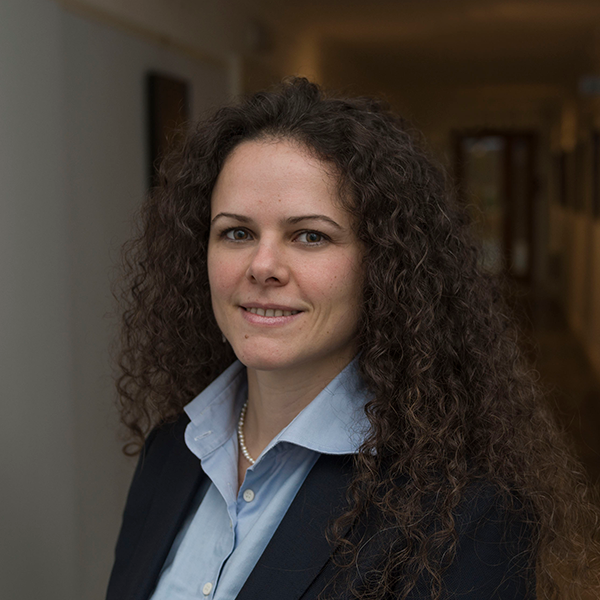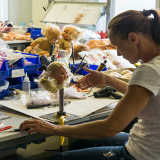
Spodbujanje socialne kohezije in konvergence
Spodbujanje socialne kohezije in konvergence je ena od šestih glavnih dejavnosti delovnega programa Eurofounda za obdobje 2021–2024. Eurofound bo še naprej deloval kot središče strokovnega znanja za spremljanje in analizo ključnih trendov in determinant za doseganje navzgor usmerjene konvergence na področju življenjskih in delovnih razmer ter krepitev ekonomske in socialne kohezije v EU. Pandemija bolezni covid-19 predstavlja izziv brez primere za gospodarsko in socialno odpornost EU, kar kaže na krhkost napredka pri že doseženih vzorcih konvergence.
Eurofound bo v naslednjih štirih letih zagotovil pomemben vpogled v izzive in priložnosti na področju socialne kohezije in konvergence v EU ter s tem pomagal zagotoviti, da bodo njena gospodarstva in družbe odporni na prihodnje pretrese. Svoje delo iz prejšnjih let bo razširil na področje navzgor usmerjene konvergence, s posebnim poudarkom na morebitnem povečanju novih neenakosti med državljani in na tem, kako obravnavati vse večje izzive za socialno kohezijo, ki jih je povzročila kriza. Fundacija bo redno poročala o težnjah navzgor usmerjene konvergence v socialno-gospodarski razsežnosti in razsežnostih evropskega stebra socialnih pravic na ravni držav članic in regionalni ravni, hkrati pa bo EU primerjala z drugimi razvitimi državami.
Eurofound se bo pri proučevanju dejavnikov in posledic ekonomske in socialne konvergence osredotočil na vrsto dejavnikov: socialne naložbe, mobilnost in institucionalne okvire, ureditev, sisteme socialnega varstva, kakovost institucij in javne storitve , socialni dialog in strukturne reforme. V raziskavi bodo proučevali učinkovitost odziva EU na pandemijo, kar zadeva ekonomsko in socialno konvergenco. Obravnavali bodo tudi razmere v euroobmočju in se osredotočili na vlogo odnosov med delodajalci in delojemalci pri vplivanju na konvergenco.
Eurofound bo raziskal trende in dejavnike socialne kohezije v Evropski uniji ter zlasti preučil, kako je pandemija covida-19 poglobila obstoječe neenakosti ali sprožila nove, ki vplivajo na širšo družbo ali posebne skupine državljanov. Analiza bo osredotočena na gospodarske, socialne in zdravstvene razlike, in sicer na trgu dela in tudi glede dostopa do ključnih dobrin in storitev, kot so zdravstveno varstvo , stanovanje, izobraževanje in socialna zaščita , ter njihove kakovosti. Proučevali bodo povezavo med neenakostmi, institucionalnim zaupanjem in nezadovoljstvom. Med drugimi področji zanimanja so migracije , vključevanje in družbene napetosti.
Rezultate raziskav v okviru te dejavnosti bodo uporabile različne službe Evropske komisije in Odbora za zaposlovanje (EMCO), Odbora za socialno zaščito (SPC), Ekonomsko-finančnega odbora (EFC), Sveta in Evropskega parlamenta, tudi v zvezi z evropskim semestrom.
- Infografika: Spodbujanje socialne kohezije in konvergence v EU
„Kriza zaradi covida-19 je koncept navzgor usmerjene konvergence znova postavila v središče politične razprave… Navzgor usmerjena konvergenca je pomembna za stabilnost Unije. Če ne bomo izpolnili obljube o navzgor usmerjeni konvergenci, bi lahko ogrozili delovanje Unije in povzročili politično nezadovoljstvo s projektom Evropske unije.“
Massimiliano Mascherini, vodja enote za socialne politike




























